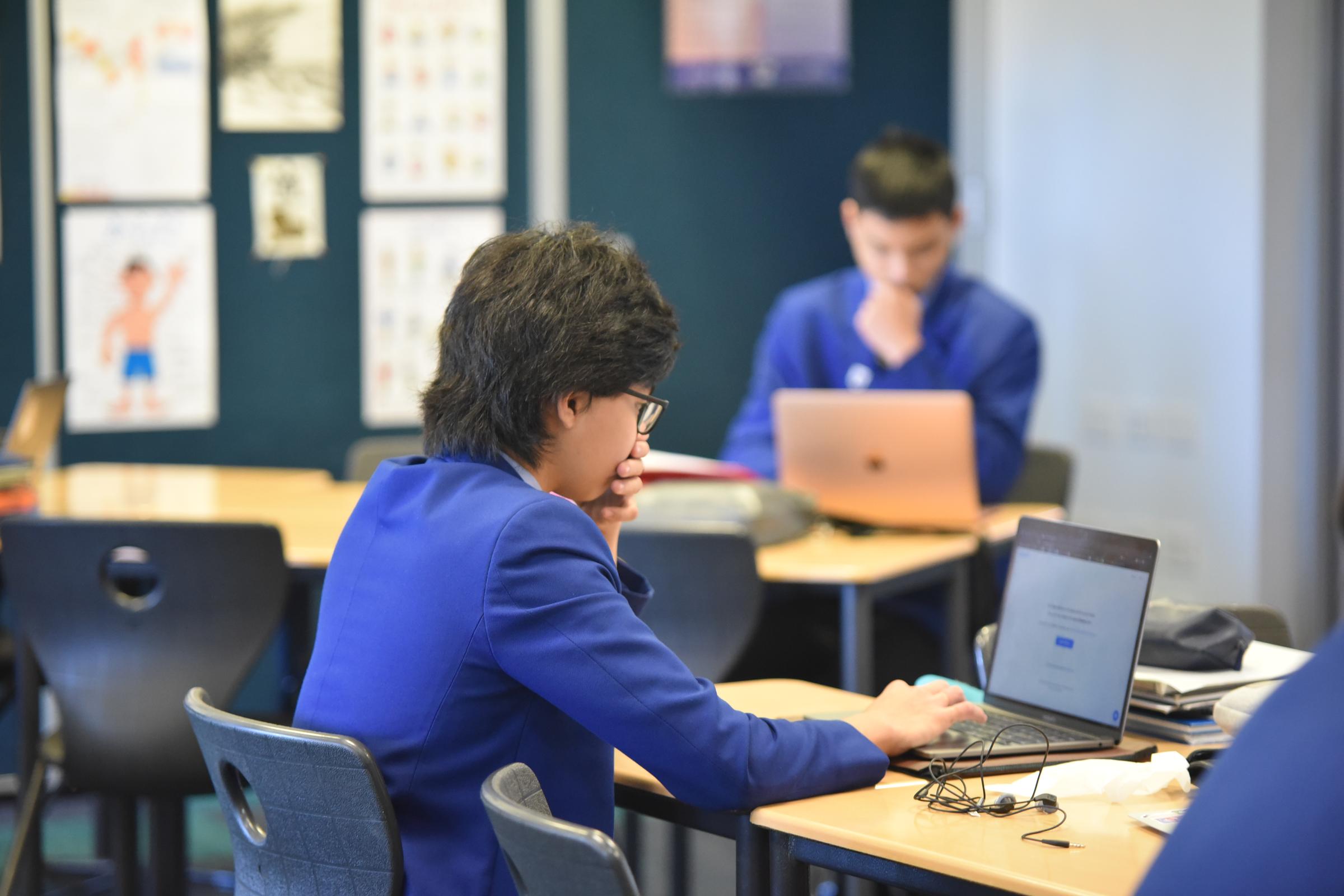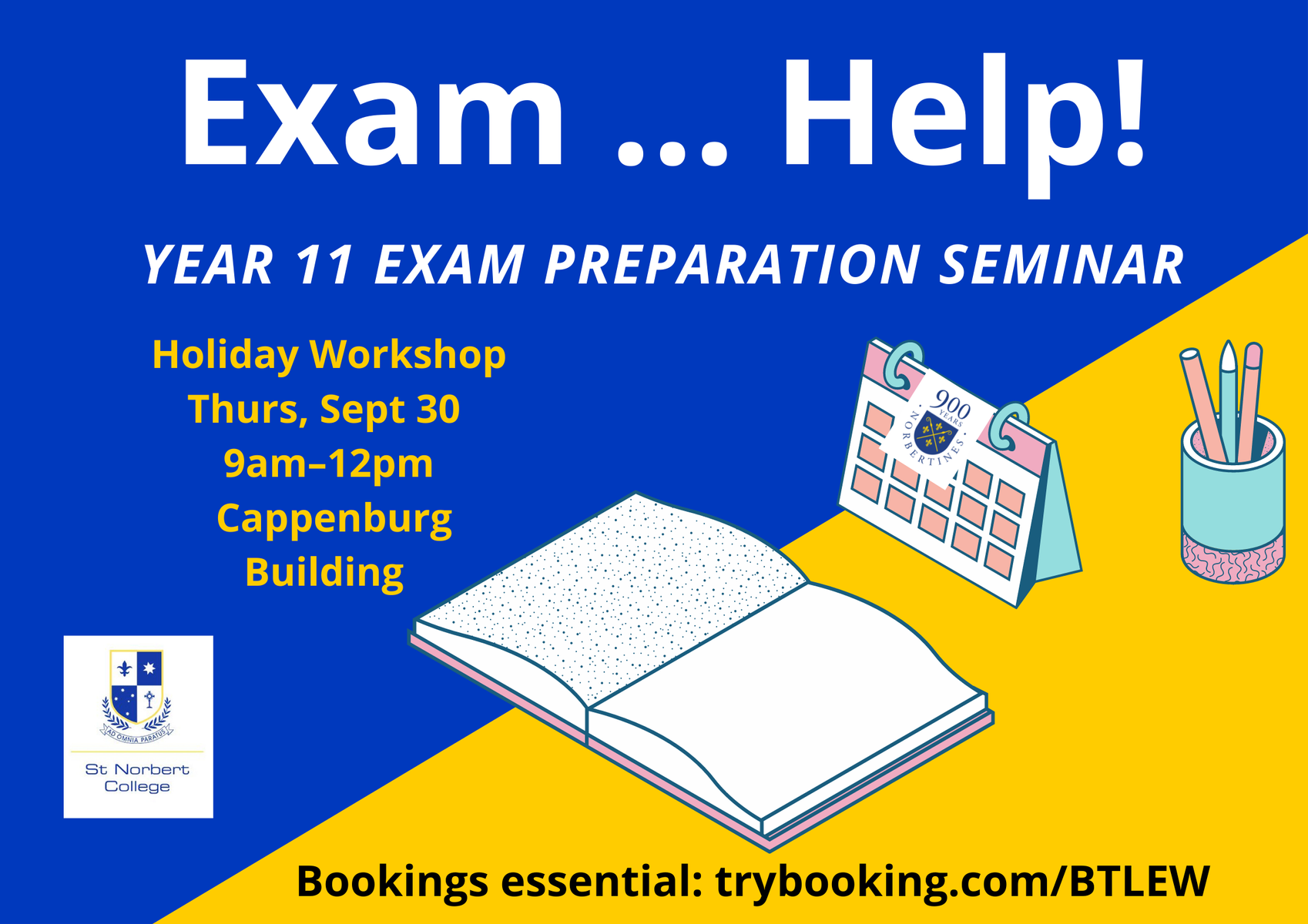Dean of Studies
Year 11 exam workshop and new research

Dean of Studies
Year 11 exam workshop and new research
In a recent article about adolescence and the organisation of the brain[1] by Yale University waqs published in the journal Proceedings of the National Academy of Sciences, by an international team of researchers. In this study, the research team captured images of the changes in the organisation of the brain as children mature into adolescence, noting that,
“Adolescence is marked by striking behavioral changes, from increased impulsivity and sensation-seeking to a higher risk of substance abuses.”
The research team from Yale University and Beijing Normal University conducted brain imaging scans on 190 children and adolescents ages 6 to 18 and searched for changes in brain organisation and function. Their findings showed that patterns of brain activity changed as young people mature; while activity centered upon sensory and motor regions in childhood, researchers observed a gradual increase of function in the so-called “association cortex,” which supports more abstract and higher-level thinking. What they concluded was that the tracked brain changes observed, are useful indicators of the, ‘sometimes painful journey from childhood to adolescence.’ They also suggest that the maturation of brain functions is critical for understanding how cognitive (thinking) and behavioral capabilities are refined as children develop into their adulthood.
Therefore, as our brain matures, we develop our capacity to become better and more attentive thinkers and learners. The author, David Rock[2] uses the analogy of our brain’s focus and attention being similar to a stage in a theatre. In essence, what gets our attention is what is on the stage, and can be broken down as follows:
The Stage = The prefrontal cortex of the brain.
(A small theatre where the actors play a part)
A small stage can only hold a handful of actors at a time. Too many on the stage and others get ‘bumped off’. When this crowding our attention happens, we have too many distractions, we feel overwhelmed and mistakes happen. Our brain works efficiently when we only bring up items onto the stage that are made up of elements from our long-term memory. The key understanding is that it is hard to think about new ideas unless they are connected to existing ideas, and so when we study, it is recommended that students try to establish connections to the content already known or learned.
The Actors = The information that holds your attention.
The ‘actors’ represent you trying to understand a new idea, and they enter the stage from the side and this is the information from the outside world that comes to your attention, such as new content being covered in a lesson. Furthermore, sometimes the actors might also be audience members who get onstage to perform. (Audience = Information from your inner world – your own thoughts, memories and imaginings). Using this metaphor, we come to understand that the stage is what you focus on at any one time and it can hold information from the outside world, your inner world or a combination of both.
When new actors come onto our stage, we hold them there long enough to see how they connect to our audience members (I.e. The information already in our brain). To then make a decision, we hold the ‘actors’ onstage and compare them to each other, making a value judgement as to the importance of this new information.
[1] https://news.yale.edu/2021/07/20/insights-outcomes-membraneless-organelles-adolescent-brains-and-more
[2] Rock, David. (2009). Your Brain at Work. Harper Collins, New York.
The audience = Our long-term memory.
To recall information such as bringing a memory from the past back to our attention, is likened to bringing an audience member up on the stage. Our old memories are at the back of the audience, and in the dark. To find the ‘right’ audience member (recall information) takes time and effort to find this particular audience member, and the danger is that we might get distracted along the way.
To memorise information we need to move actors off the stage and into the audience, ideally in the front rows. This process of inhibition requires effort and is central to effective functioning in life.
We need to get the extra actors (distractions) off the stage, and know when and how we can get the right audience members (recall) onto the stage. Ultimately the five key functions to focusing attention and recalling information lies in our ability to understand, decide, recall, memorise and inhibit.


“Exam…Help!” (ATAR Exam Preparation Seminar)
All Year 11 ATAR students are invited to attend a school holiday exam and study seminar. The focus of the seminar will be on practical advice and strategies to refine your study and exam strategies for Term 4, and in preparation for the Semester Two examinations in November. Students are welcome to attend from 9am for refreshments, with the seminar commencing at 9:30am. Student may dress casually and it is recommended that they bring a fully charged laptop.
Date: Thursday, 30 September, 9am – 12pm
Venue: Cappenburg Building
Bookings essential via the following link:
https://www.trybooking.com/BTLEW
OLNA (Round 2) – Year 10 – 12 students
The OLNA (Round 2) will take place in Term Three on the following dates:
Students will have received a letter indicating if they are required to attend the respective assessments in either the BP Forum or Business Centre.
Mr R Dowling
(Dean of Studies)